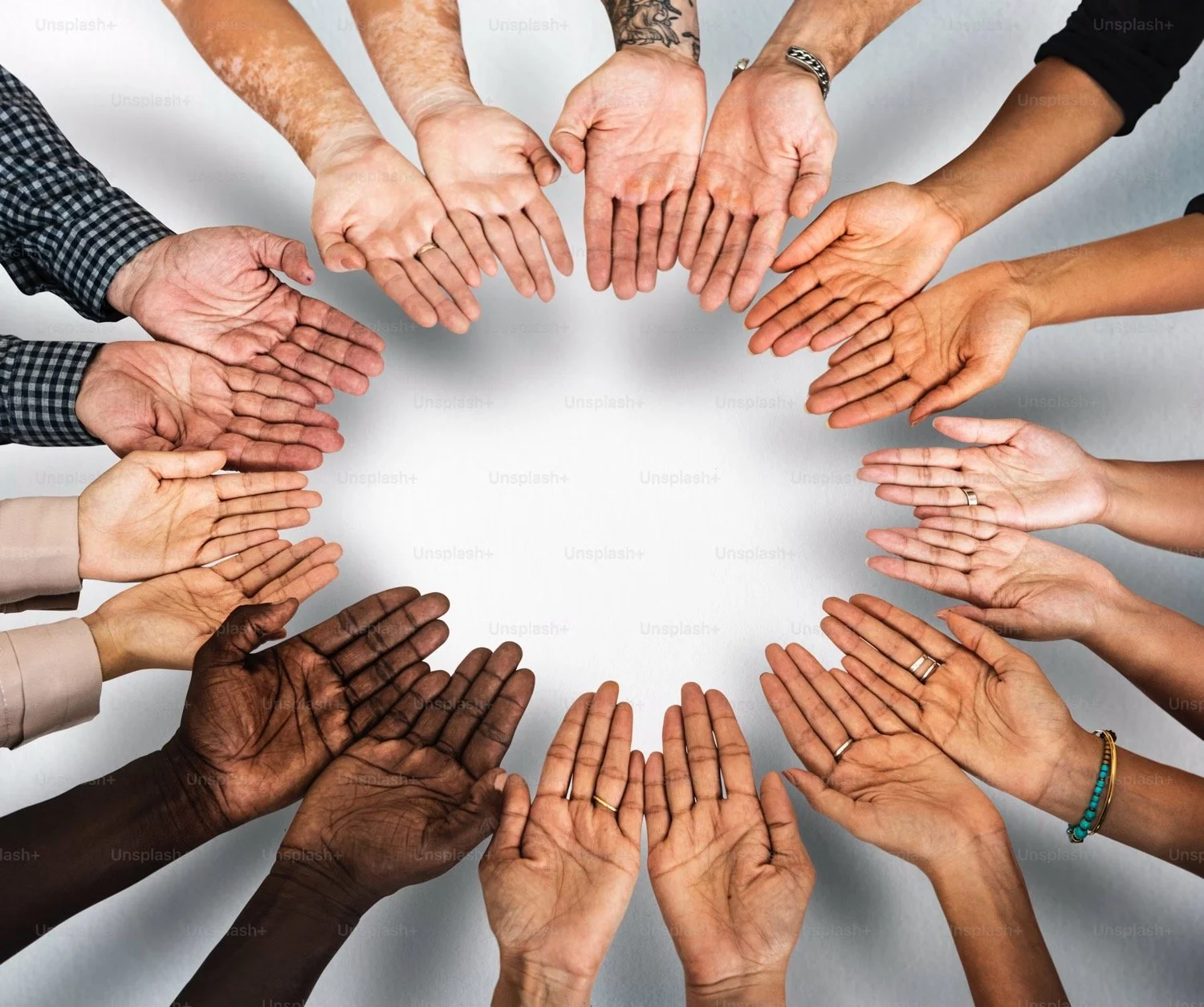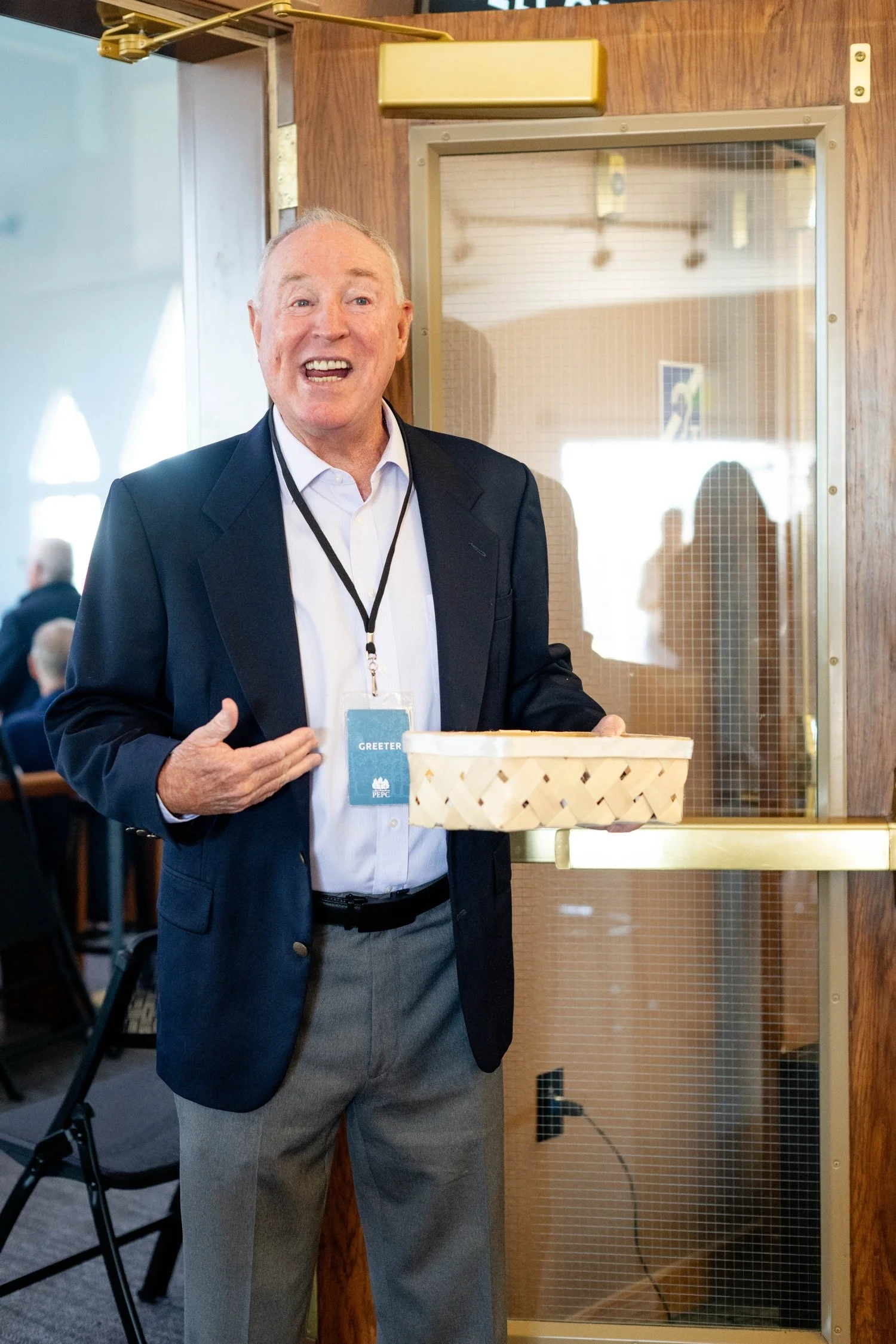Readings for today: Amos 6-9, Psalms 127
Pride presents a clear and present danger to our relationship with God. I commit the sin of pride every time I live or think or act as if God is not my helper. As if I don’t need God. As if my own strength, my own wisdom, and my own resources are more than enough. If I am honest, pride is something I have to fight each and every day. It’s why it’s essential for me to spend time with God every morning. When I spend time in God’s Word and in prayer, I am reminded of my desperate need for Him. I am reminded of my need for daily bread from His hands. I am reminded that though I may not have it in me to face and overcome the challenges of that particular day, God is more than able. And not only is He more than able, He is more than willing to be my supply. Why is pride so dangerous? It leads to spiritual amnesia. It causes us to forget God. It makes us start to believe our own hype. It turns us into fools.
In our reading today, the people of God come under severe judgment. Judgment so harsh that it would put an end to them altogether except for the intercession of Amos. Amos cries out to God multiple times to spare His people lest they be utterly consumed and God relents. At the same time, God doesn’t clear the guilty. He doesn’t give them a pass. He will take them into exile and turn them over to their enemies and all the wealth they’ve accumulated for themselves will be wiped away. All the injustices they’ve allowed to stand will be atoned for. All the pain and suffering they’ve created will be visited back on them many times over. What is God’s goal here? Is it punitive retribution? Vengeance over all they have done? Has God finally lost His patience and lashing out? Not at all. God is humbling His people. He is reminding them on a visceral level of their desperate need for Him. And once that lesson is taught. Once that lesson is learned. God promises restoration. God promises to rebuilt the ruins. God promises to bring them back home again.
I love how the Psalmist puts it, “Unless the Lord builds a house, its builders labor over it in vain; unless the Lord watches over a city, the watchman stays alert in vain.” (Psalms 127:1 CSB) God is our helper. God is our builder. God is our provider. God is our protector. Without God, humanity is to be pitied. Without God, humanity has no hope. Without God, humanity is lost. And it is up to people of God, filled with the Spirit of God, walking humbly before their God to show the world what a life with God actually looks like on the daily. For better or worse, we are the instruments God has chosen to make known the riches of His love and grace.
Readings for tomorrow: Obadiah 1, Psalms 128 (No devotionals on Sundays)




